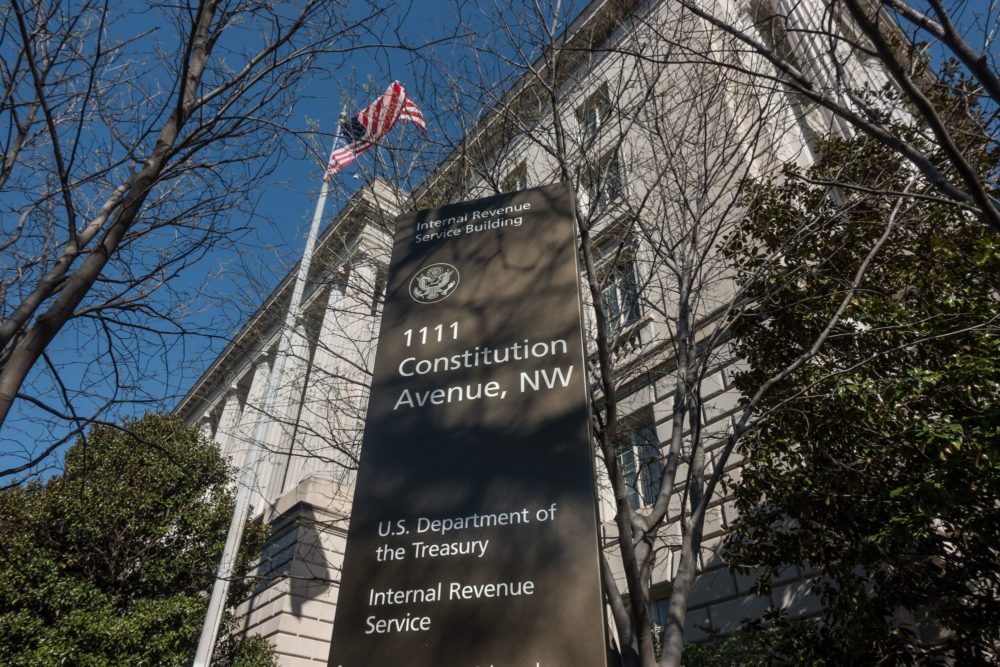IRS Confirms: Child Tax Credit will be monthly. So, what’s the big deal?
The Expanded Child Tax Credit Presents a Unique Opportunity for Cutting Child Poverty

WASHINGTON, D.C — In a Senate Finance Committee hearing on Tuesday, IRS Commissioner Charles Rettig confirmed to committee members that the newly expanded Child Tax Credit will, in fact, be distributed to parents on a monthly basis, beginning in July.“The expectation from me and from Senator Bennet especially on this committee and other members of Congress,” said Senator Sherrod Brown (OH), “is that the distribution [of the Child Tax Credit] will start going out monthly starting in July. My question is simple: Is the IRS on track for monthly payments starting in July?”
“We are,” said Rettig. “If we end up not being on track for some unforeseen situation we will advise you and the committee.”The newly expanded Child Tax Credit, a provision of the American Rescue Plan, will send American families annual benefits totalling $3,000 per child ages 6 to 17 and $3,600 per child under 6.
Parents will receive monthly checks of $300 per month for each qualifying child age 5 and under, and up to $250 per month for each child between the ages of 6 and 17 from July 1 to December 1, before receiving the remaining six months of the Child Benefit in January 2022. The credit will also be fully refundable.
The excited reception of this news in policy circles begs the question for many:
Why is this such a big deal?
Americans have received three stimulus checks over the past year to mitigate some of the economic harm endured amid the coronavirus pandemic.
On its face, it may seem like less progress for basic income advocates. Disbursements of the child tax credit are smaller than the stimulus checks Americans have received. Furthermore, the child tax credit only benefits parents.
The key to understanding the significance of the child tax credit is in the frequency of payments and the clear pathway towards making this one-year expansion a permanent tax policy.
Up until now, Americans have received stimulus payments in a way that can only be described as unpredictable. The cash relief from the CARES Act, the 2020 omnibus bill in December and the American Rescue Plan provided much-needed relief, but not the kind that could be depended on.
The expanded child tax credit, however, is a monthly benefit that families will be able to anticipate receiving on a recurring basis.
Daycare, diapers and clothes, groceries and all other expenses involved in raising children are budgeted for by parents on a month-to-month or paycheck-to-paycheck basis in most households. It only makes sense that the federal policy designed to assist them matches that cadence, as well.
While the child tax credit only benefits parents, that still includes 70 million Americans who otherwise would not be receiving monthly cash relief.
The importance of this news is bolstered by the fact that leaders on Capitol Hill have already expressed a strong interest in making this new Child Benefit a permanent part of federal tax policy.
“If we can eradicate child poverty, it will be good for these kids and their families, but (also) for all of America,” said Senate Majority Leader Chuck Schumer (D-NY) last March. “I’ll do everything I can to make it permanent.”White House Press Secretary Jen Psaki has also confirmed President Biden’s position in support of making the new Child Benefit permanent on March 16.
Early estimates expect that the benefit will reduce child poverty in America by over half, a statistic which has strengthened the case to make monthly checks to parents last longer than the one year appropriated for in the American Rescue Plan.Discussions around making the expanded child tax credit a permanent part of tax policy in the United States indicate that there could be a place for such a provision in the upcoming infrastructure legislation.
If it were to be included and passed, the then-permanent child tax credit would lead to coverage of all Americans aged 0-18 and 65 and older with some form of monthly disbursement of cash.
That would put the United States just steps behind Canada, which already enjoys a child benefit and their own version of Social Security.